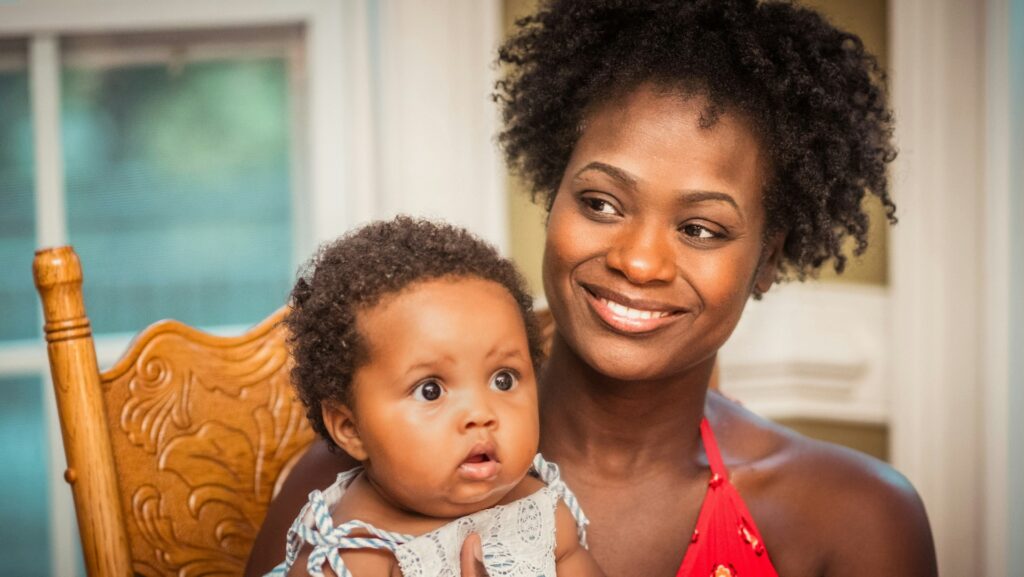“6 Proven Parenting Lessons from Daniel’s Life”
The world offers its own insight on parenting and how it should be done but the truth on parenting will always be from the Bible. Out there, it is very likely to run into controversial and even conflicting messages on how to go about raising children, but the Bible’s approach remains absolute.
I realized there was so much to learn about parenting from my very first DBS (a post on this soon) on Daniel chapter 1. Daniel is a man in the Bible that stood out from others during his time, while he share traits with people like Joseph, Josiah and Esther, Daniel is my favorite.
Although I never met Daniel’s parents, getting to know the child they raised gives me insight into the kind of home he grew up in. There is a chance that it may not even be his biological parents who raised him, but the Daniel people met when he left home tells us who his parents (I use parents to refer to those who raised him) are; sort of like “show me your child, and Ill tell you who you are”.

Casual vs intentional parenting
As parents and parents-to-be, our calling, now and always, is to pray for and prepare our children to thrive in today’s challenging and often toxic culture.
In my opinion, the Bible has no person as holistically developed as Daniel. For me, he is the result of intentional parenting. Beyond him, you’ll be hard pressed to find many other examples of young men who did not fumble. For the purpose of this post I would be attempting to take the traits that made Daniel exceptional and draw from them, parenting lessons.
I implore you to take this serious, because casual parenting produce casual children, and by failing to raise your children you are permitting the world to do so.
His traits
Daniel was hand-picked by the Kings servants because of the Following traits:
Healthy – without any physical defect
This was the first trait that was used to filter out the men from Judah, emphasizing the importance of health. For Daniel to pass this check meant that his parents had instilled in him that health is not something to be taken for granted. If children would really not depart from the way they were trained, then instilling healthy habits is one of the most important gifts you can give your child at a young age.
Handsome/good looking
Our bodies were created by God for His purposes, and He uses them for His glory and our benefit. It’s part of our responsibility to care for them, keeping them clean and healthy.
While children find it easy to compare themselves to the images promoted by society, the Scriptures below can be used to that:
- God created men and women in His own image and declared us “very good” (Genesis1:26-27).
- We are called to offer our bodies as living sacrifices, holy and pleasing to God—this is a form of worship (Romans12:1-2).
- Our measure of beauty should not be based on physical standards, but on inner character (1Peter3:3-4).
In light of these truths, we should make it a priority to teach our children about the true value of our bodies and the nature of beauty.

Showing aptitude for every form of learning
Daniel “showed aptitude for every form of learning” meaning he possessed the ability to quickly grasp, understand, and excel in various subjects, skills and disciplines. This indicates a natural talent or developed ability to learn efficiently, whether in academic areas or in practical skills such as problem-solving, critical thinking, or creativity.
Reading plays a crucial role in fostering such a love and ability for learning. I’ve also recently learned that there is hardly any learning that occurs without taking notes, so we should encourage our children to always take notes. At a younger age engage your children in problem solving games, like matching colors, shapes etc with increasing difficulty as they grow older. Learning can be made fun with a little creativity and effort from us as parents.
We are responsible for nurturing, not drowning the passions in our children. If your child is drawn to art, the least you can do is have enough paper and crayons or coloring pencils. If you are able to visit museums and galleries, then do so to pique their interest. Similarly, if they love animals, expose them to National Geographic and YouTube Animal Documentaries and if possible zoos and wildlife parks.
Well informed
Children are constantly bombarded with various messages from parents, the media, and others about how to navigate life. As parents, it is our responsibility to raise them to be thoughtful, well-informed individuals, grounded in the word of God, capable of sieving different opinions.
Let them understand their culture, where they come from and their family values that are to guide them wherever they find themselves. Do these and we can be sure to trust their decisions no matter where they are.
Daniel understood to whom he belonged, which is why, when the king decreed that an idol be worshiped as a god, Daniel never saw that as an option. Raise a child who will stand firm in their convictions, a child who chooses to do what is right because they know it is the best path to follow.
Competent to serve in the Kings palace
If you knew your kid was going to be an advisor to a king or a future world-changer, would you raise them any differently?
Competence isn’t just about knowing stuff; it’s about being efficient and capable. And you only get that by doing. It’s crucial to raise a child who takes action, and is aware of the consequences to those actions. Our children should not just speak words. Let their actions speak for themselves.
From a royal/noble family
The way you raise your children will determine who they become.
Children from a royal family often posses a heightened sense of duty and responsibility, they are exposed to formality and protocol, they are educated both in terms of academia as well as their cultural and historical awareness.
One way I plan on cultivating a sense of duty and responsibility in my children is offering them the responsibility of handling their personal finances. I want them to be aware and practice things like saving and budgeting even from an early age.
Children with noble character have qualities like respect for God, strength, dignity, courage, a positive attitude, wisdom, and they’re good at following guidance.
Conclusions
Intentional parenting is more than just relying on your instinct to raise your children. Remember that there are tons of advice out there on how to parent, but the Bible gives us the best blueprint if you’re looking for the best guidance.
I hope you learned something vital from this post. Please share your agreements, disagreements, or any other parental advice you have found applicable from the Bible in the comment section below.
Click here for more more biblical parenting tips.
Stay blessed!



This is a wonderful piece and if parents will practice intentional parenting then the society at large will be a better place for all of us
You are right, I believe that this is part of our responsibility in making our world a better place. Thank you for reading.
This is a beautiful piece. Great job ma’am
Thank you, Charity! I’m glad you enjoyed reading and perhaps took away some valuable insights from the post. These are practical points we can use to engage with our children including those we mentor. Feel free to share.